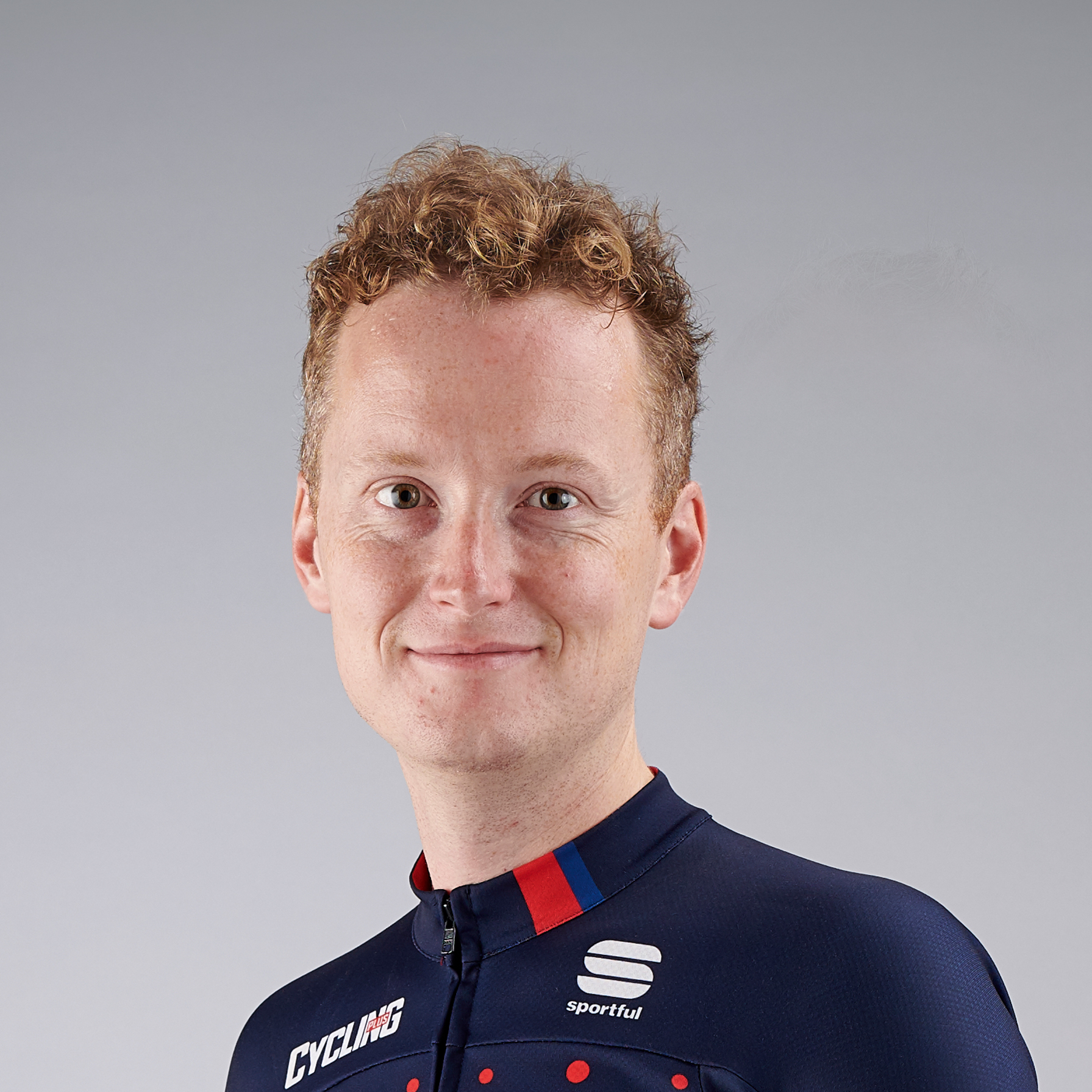Throughout the 2025 Tour de France, we'll be answering some of the most common questions that we get asked each year about the race. Not the big overarching questions, such as 'who's going to win the race this year?', but the fascinating minutiae like 'how many calories do riders consume each day?' and 'why are cyclists shaped the way they are?'
Next up, do riders drink alcohol during the course of the race?
“It varies from rider to rider,” says Will Girling, a former nutritionist at WorldTour level with EF Education. “But if the team wins a stage, they’ll normally have a glass of prosecco or Champagne.
“There are no repercussions for having one glass. Alcohol impairs muscle recovery and inhibits the length and quality of deep sleep, but you’d need more than one glass to do that.”
Teams host parties at the end of the Tour in Paris, where much more alcohol than that is consumed, even if the volume of booze required to get a newly minted Tour de France finisher legless is pretty small.
In the era of finely tuned nutrition, and more awareness and knowledge of the damage alcohol does to the body, it’s a fair bet to presume there’s less alcohol being consumed now than ever at the Tour and through the rest of the cycling season.
There’s a generational aspect to this, too. Younger people in general are drinking less alcohol than their parents did and extending this to a young pro rider, booze must barely register.
25-year-old Tom Pidcock, for example, has stated in the past that he very rarely drinks alcohol and that was apparent when he was presented with a pint of Amstel on the top step of the podium at the 2024 Amstel Gold race.
The look of disgust on his face as he took a sip demonstrated his distaste for beer. Of course, it could just have been his verdict on Amstel specifically.

Three-time Tour de France winner Tadej Pogacar is known to enjoy a beer at the end of – or shortly after – stage races to help him relax.
At the same race in 2023, the Slovenian delighted fans by sinking a glass of Amstel in one on the top step of the podium. As the world’s best rider, however, he can care less than anybody about the negative effects of alcohol.
Alcohol consumption at the Tour, particularly the wine on offer as racers toured a global wine hotspot, was commonplace until the 1960s, with many seeing it as a means of hydration, as well as dulling the pain of racing around France.
In the 60s, the French government banned stimulants (including alcohol) in sport, which began to slow its use during stages (if not in the evenings).
To use it during a stage today would be a complete no-no, and drinking it even close to excessively post-stage would be frowned upon – both within teams and out of them.
Everything in moderation
In 2023, Visma-Lease a Bike boss Richard Plugge caused an almighty stir at rivals Groupama-FDJ when he said in an interview with L’Equipe that he saw a (unnamed) French team drinking “big beers” on a rest day in the hotel they were sharing.
That Groupama-FDJ were the only French team at the hotel didn’t take much deduction from journalists to figure out who he was talking about.
Boss Marc Madiot was furious: “What is this comment getting at? That our riders aren’t serious, that they don’t train? I’d like to point out that the following day’s TT, I told our riders to go all out, our eight riders were all in the top 80. And the day after, I had four riders in the break, so he can shut his mouth.”
Alcohol in moderation remains a motivating force, however.
At the same race, Cofidis celebrated the end of their 15-year winless drought by opening a bottle of champagne that had symbolically stayed on the team bus throughout that barren spell. 10 stages later, they won again.

The ultimate Champagne moment comes during the final stage of the Tour, as the riders proceed into Paris.
With the race winner a done deal, the winning team traditionally toast their victory with a glass of fizz. Whether they choose to drink it is left to the individuals.
So, a change of rules and a shift in the culture see a much-reduced volume of alcohol drunk in the modern Tour de France.
As a way to celebrate an important win, however, it keeps its place at the dinner table. As the riders compete in one of the world’s most demanding sports events, small rewards can go a long way.
More from the Tour de France
- Over 50kph for 174km: how is the Tour de France so fast?
- 12 ways a Tour de France bike differs from yours
- Mathieu van der Poel’s custom yellow Canyon Aeroad CFR
- 'If Pogačar has a life-changing injury, we will have blood on our hands'
- Brailsford's battle: Ineos Grenadiers are 'feeding on scraps' and have no bike deal for 2026


